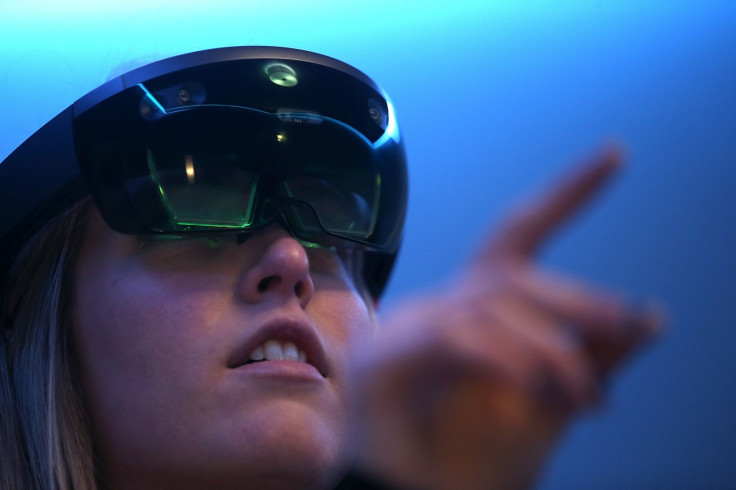5G AR glasses with Qualcomm's Snapdragon XR2 chipset to get software support from Niantic
Niantic is reportedly porting "Harry Potter: Wizards Unite," "Pokémon Go," and "Ingress" to Qualcomm's Snapdragon XR2 platform.
As indicated by the tech industry, 5G technology is the future of telecommunications and its almost here. As such, mobile networks such as T-Mobile and Verizon are ready to roll out the new standard. Reports confirm the former has already activated nationwide coverage over their networks with the latter to follow shortly. The OnePlus 7T Pro McLaren Edition and Samsung Galaxy Note 10+ 5G are the first two handsets that are compatible with the new service in the US. Meanwhile, one thing in common with the aforementioned handsets is the Snapdragon X55 modem. Now, Qualcomm is adding AR to the list of 5G capable devices with the Snapdragon XR2 , with a little help from Niantic
Augmented reality technology is gradually making its way to consumer products. With the help of the developer behind hit AR games such as "Pokémon Go," "Harry Potter: Wizards Unite" and "Ingress," the company hopes to generate more interest. The 5G-enabled platform made its debut at the Qualcomm Snapdragon Tech Summit 2019 in Maui, Hawaii. The name might be familiar for some because it is a follow-up model to the XR1 which powers Google's Glass Enterprise Edition 2.
We're so excited to collaborate with @Qualcomm! Read more about our announcement from their #SnapdragonSummit here: https://t.co/iyFdNE7OTR
— Niantic, Inc. (@NianticLabs) December 5, 2019
The collaboration between Qualcomm and Niantic was announced at the event. The latter's Chief Technology Officer Phil Keslin confirmed a long-term partnership that will see more software running on the upcoming platform. However, consumers are urged not to expect anything so soon. According to the developers, it will start by tweaking its Real World Platform engine for compatibility with the Snapdragon XR2 chipset.
On paper, the Snapdragon XR2 chip is designed with 5G in mind alongside Advanced AI. Tech Crunch states that the older Snapdragon XR1 will not be taken out of circulation. Instead, it will be marketed as an entry-level alternative to the new AR platform. Despite what the description says, Qualcomm's new product likewise boasts VR capabilities. It can reportedly support up to seven cameras for mixed-reality functionality similar to what the HoloLens can do.
Given the experience Qualcomm has on VR and AR, Niantic could soon deliver new games that take advantage of the capabilities of the Snapdragon XR2. Furthermore, the 5G connectivity it offers can allow players to enjoy a virtually lag-free experience with their AR glasses.

© Copyright IBTimes 2025. All rights reserved.





















